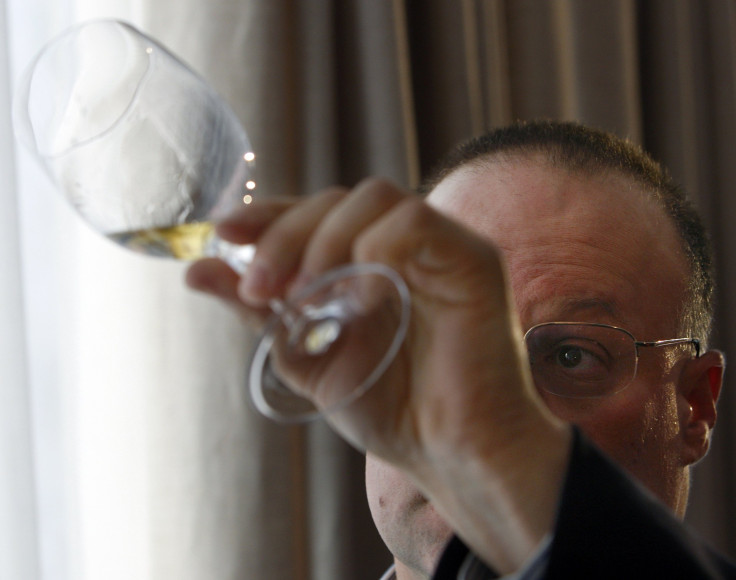Space whiskey tastes ‘extraordinary’ after zero-gravity aging, say astronauts

A Scotch whiskey company is now aiming to find ways to incorporate a new flavour of whiskey developed in space into their products. Scientists on the International Space Station, or ISS, have successfully tasted the first whiskey rocketed to space for distillation process, and they claimed the taste is different from products on Earth.
The whiskey company, Ardbeg, reported that the experiments were successful after more than two years of distillation in a weightless environment. The astronauts conducted a parallel test on Earth to compare the concentration that the space whiskey has developed after being aged since 2012.
Astronauts have used the same whiskey-making process by using a different storage system, although the substance is normally stored in oak barrels to mature. The whiskey was aged through separation of the distillate and the oak wood shavings.
Some members of the whiskey company participated on the parallel test on Earth as the ISS scientists first opened the distilled substance. Bill Lumsden, Ardbeg's director of distilling, said in a YouTube video that he was just expecting a little different flavour, but when the Ardbeg team went to smell and taste the samples, he was “astonished at how different the samples were."
Lumsden said that the company is now hoping to send more samples to the ISS to try "something more advanced." However, further detail about the plan was not indicated.
The process took 971 days in space, which made the levels of wood extractives, significant in distillation, much higher than it would be if the process were conducted in barrels on Earth. The company said that the larger amount of surface area available in the space station affected the wood extractive levels on the substance. The Ardbeg team added that microgravity likely made the extraction more difficult.
This is not the first time that whiskey makers sent their products to space and allowed them to age using microgravity on the ISS. In August, the Japanese distiller Suntory Global Innovation Centre has launched five different samples of their products to the ISS for an experiment to analyse how whiskey "mellows" in space. Other experiments involve an 11-year-old's concoction and a company that sent yeast in space to form a new basis of a beer.
Contact the writer at feedback@ibtimes.com.au or tell us what you think below




















